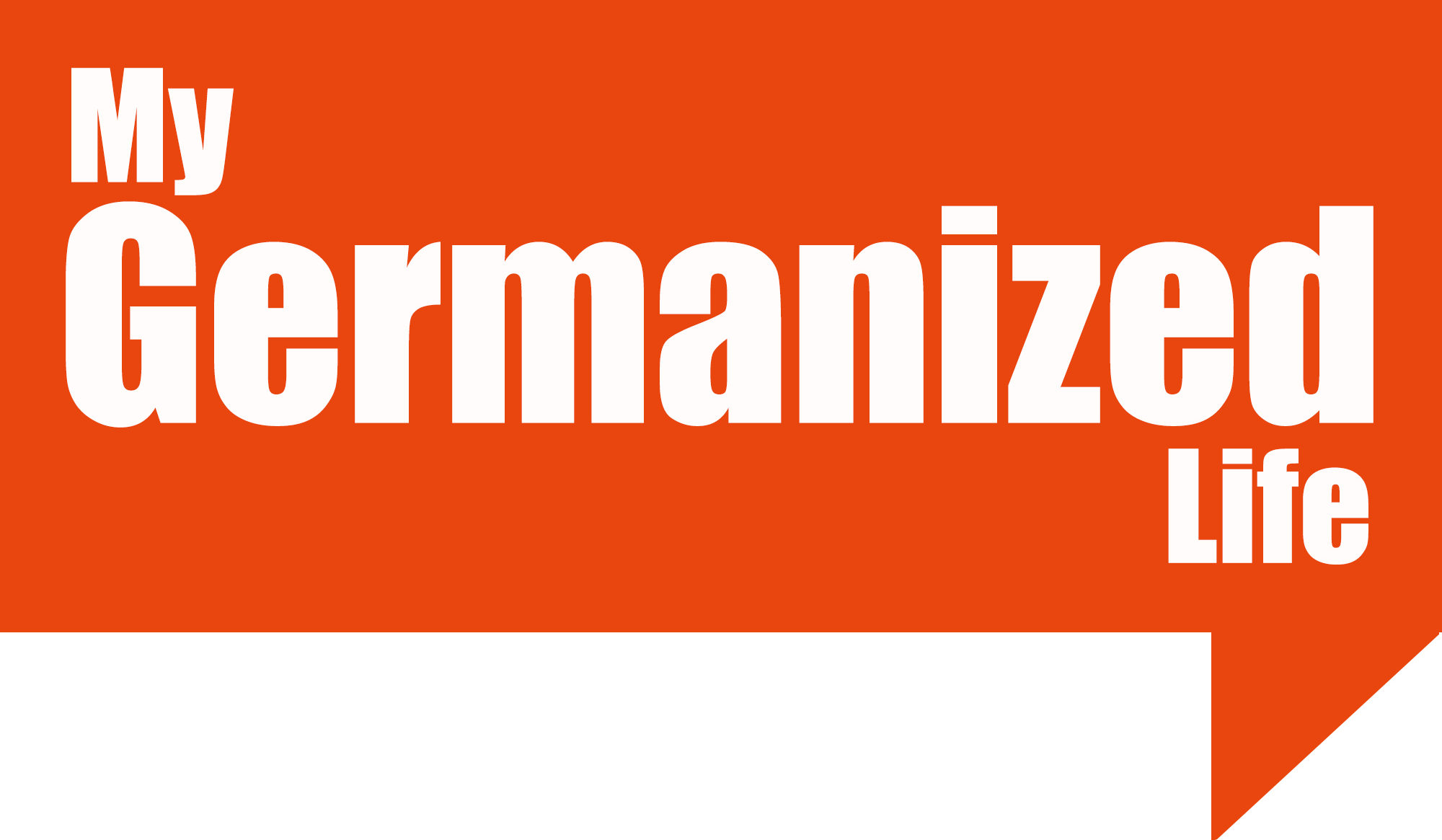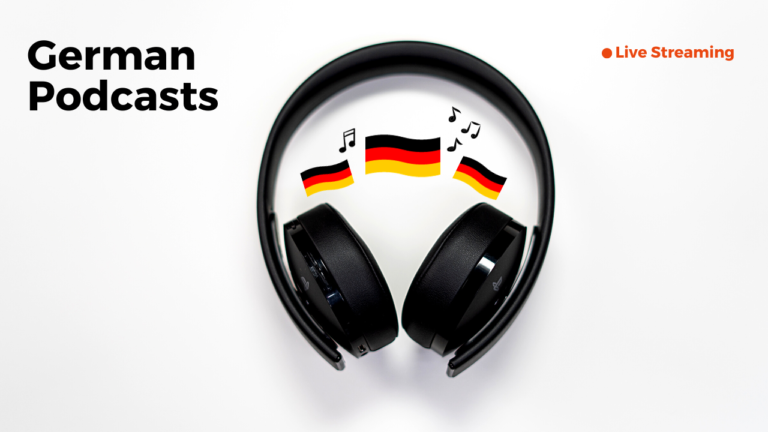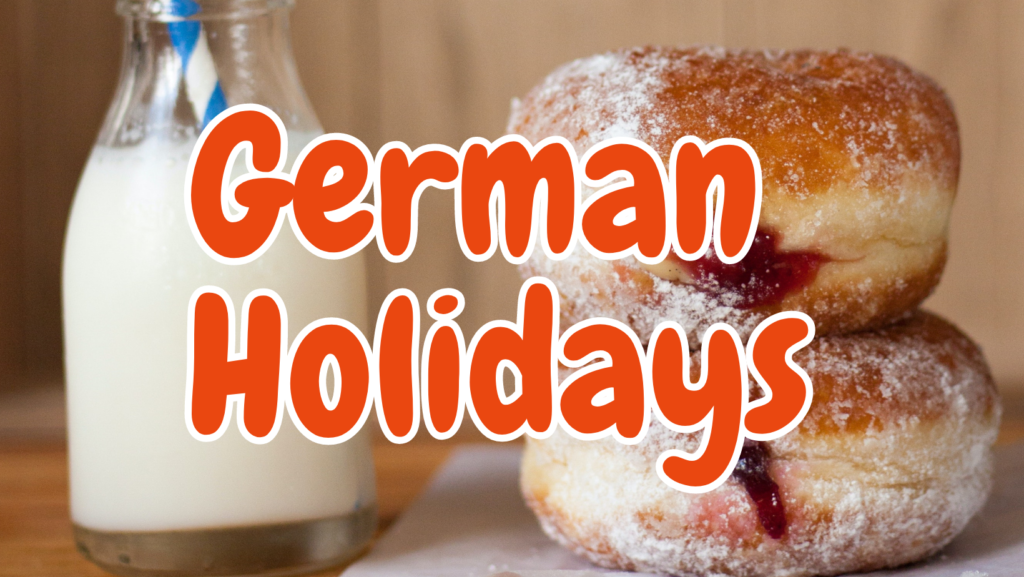
Germany has a rich cultural heritage, and German holidays offer a unique glimpse into its traditions and history. Whether it’s a day of reflection or a time for lively festivities, each holiday holds special significance for the German people. In this guide, we’ll explore the major holidays in Deutschland, along with their customs and traditions.
Exploring the Types of German Holidays
In Germany, the calendar is full of holidays, each bearing its own cultural, regional, or historical significance. These holidays fall into three distinct types, each offering a unique glimpse into the country’s traditions and celebrations.
1. German Public Holidays
Germany recognizes nine public holidays that hold significance across all 16 federal states. Among these are the widely celebrated New Year’s Day, the unifying German Unity Day, and the cherished Christmas Day. These holidays serve as focal points for nationwide festivities, customs, and traditions.
2. German Regional Holidays
While the federal government holds the authority to declare national holidays, the individual states wield significant control over public holidays. This leads to a fascinating tapestry of regional holidays.
For instance, Bavaria stands out with an impressive 13 rest days per year, distinguishing it as the state with the highest number of public holidays. Other states, meanwhile, typically enjoy between 10 to 12 holidays annually, each with its local traditions and celebrations.
3. Other Holidays in Germany
In addition to the official public holidays, Germany boasts a handful of unofficial holidays. These include St. Nicholas’ Day (Nikolaus) on December 5, Carnival Monday (Rosenmontag), and Christmas Eve. (Learn to Pronounce German Words)
While not formally recognized as public holidays, Germans embrace these occasions with fervor across the country, often with festive gatherings, parades, and spirited revelry.
16 German Holidays Throughout the Year
In essence, Germany’s holidays offer a captivating journey through its cultural tapestry. Each holiday brings with it a unique opportunity to delve into the traditions, history, and spirit of this vibrant nation. Whether it’s the unifying German Unity Day or the lively Carnival, each holiday offers a distinctive window into the heart of Germany.
1. Neujahrstag (New Year’s Day) – January 1st
The year begins with New Year’s celebrations, fireworks, parties, and the singing of traditional German songs like “Auld Lang Syne.” Many also take part in the custom of “Silvesterbleigießen,” where you drop molten lead into cold water, and the resulting shape reveals the future. (Learn About German Grammar)

2. Heilige Drei Könige (Epiphany) – January 6th
Epiphany, known as “Heilige Drei Könige” or “Three Kings’ Day” in Germany, is a Christian holiday that holds a special place in the hearts of many. In several German states on January 6th, it commemorates the biblical account of the visitation of the Three Wise Men, also known as the Magi, to the infant Jesus in Bethlehem.
In Germany, the celebration of Heilige Drei Könige is marked by various customs and traditions. Many communities hold processions or reenactments of the Three Wise Men’s journey, with participants dressing in elaborate costumes representing the Magi. These processions often wind through towns and cities, concluding at local churches where special Epiphany services take place.
3. Fasching (Carnival) – Usually February
Karneval, also known as Fasching or Fastnacht in various regions of Germany, is a festive season leading up to Lent. Colorful parades, costumes, and lively celebrations characterize the event. The city of Cologne is particularly popular for its exuberant Karneval festivities.

4. Karfreitag (Good Friday) – March or April
Good Friday, known as “Karfreitag” in Germany, holds a profound significance in the Christian calendar. Falling on the Friday before Easter Sunday, it commemorates the crucifixion of Jesus Christ and his subsequent death at Calvary. This day is a time of somber reflection and contemplation, marking the culmination of the Passion of Christ.
In Germany, many churches hold special services, often featuring readings from the biblical accounts of Christ’s crucifixion and hymns that evoke a sense of solemnity. The atmosphere is one of quiet introspection, and it’s customary for bells to remain silent as a sign of mourning.
5. Ostern (Easter) – March or April
Easter is a significant Christian holiday with various customs. Some German children decorate eggs, exchange small gifts, and partake in “Ostereiersuchen” (Easter egg hunts). Traditional Easter foods include lamb, colored eggs, and sweet treats like “Osterlamm” (Easter lamb-shaped cake). Germans typically celebrate Ostersonntag and Ostermontag. (Start Learning German Vocabulary)

6. Maifeiertag (May Day) – May 1st
Erster Mai in Germany is a time to celebrate the arrival of spring. It’s a day for nature outings, picnics, and dancing around the Maypole. In some regions, there are also political demonstrations and labor-related events.
7. Christi Himmelfahrt (Ascension Day) – Usually May
Christi Himmelfahrt, or Ascension Day, is a significant Christian holiday that commemorates the ascension of Jesus Christ into heaven. It occurs 40 days after Easter, always on a Thursday. This day holds deep religious significance for Christians worldwide.
In Germany, Ascension Day includes church services and processions. Many communities organize outdoor processions, particularly in regions with strong religious traditions. Pilgrimages to sacred sites and shrines are also common. Families may spend quality time together, enjoying outings or nature walks.

8. Pfingsten (Pentecost) – Usually May or June
Pfingsten, known as Pentecost in English, is celebrated 50 days after Easter. It commemorates the descent of the Holy Spirit upon the apostles, as narrated in the New Testament. This event is considered the birth of the Christian Church.
In Germany, Pentecost is a time of joyous celebration. Many towns and villages hold colorful processions, often featuring church banners and flags. Families may gather for festive meals, and it’s a popular time for outdoor activities and travel.
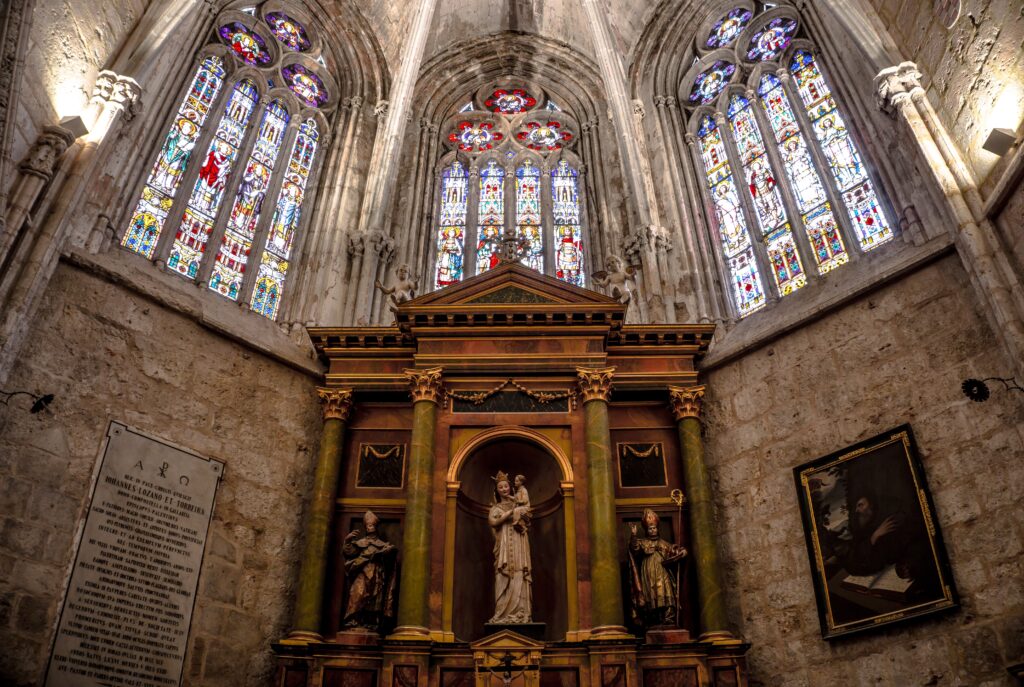
9. Fronleichnam (Corpus Christi) – (Usually in May or June)
Fronleichnam, or Corpus Christi, is a Catholic holiday that celebrates the real presence of the body and blood of Jesus Christ in the Eucharist. It is especially significant in Southern Germany and some Catholic regions.
10. Mariä Himmelfahrt (Assumption of Mary) – August 15th
Mariä Himmelfahrt, or the Assumption of Mary, is a significant Catholic holiday in Germany. It honors the belief that the Virgin Mary, at the end of her earthly life, went into heaven. This event is central to Catholic Marian theology.
On August 15th, many Catholics attend special Mass services dedicated to the Assumption of Mary. Pilgrimages to Marian shrines and chapels are also common, especially in regions with a strong devotion to the Virgin Mary. In some areas, processions and parades featuring images of Mary are organized.
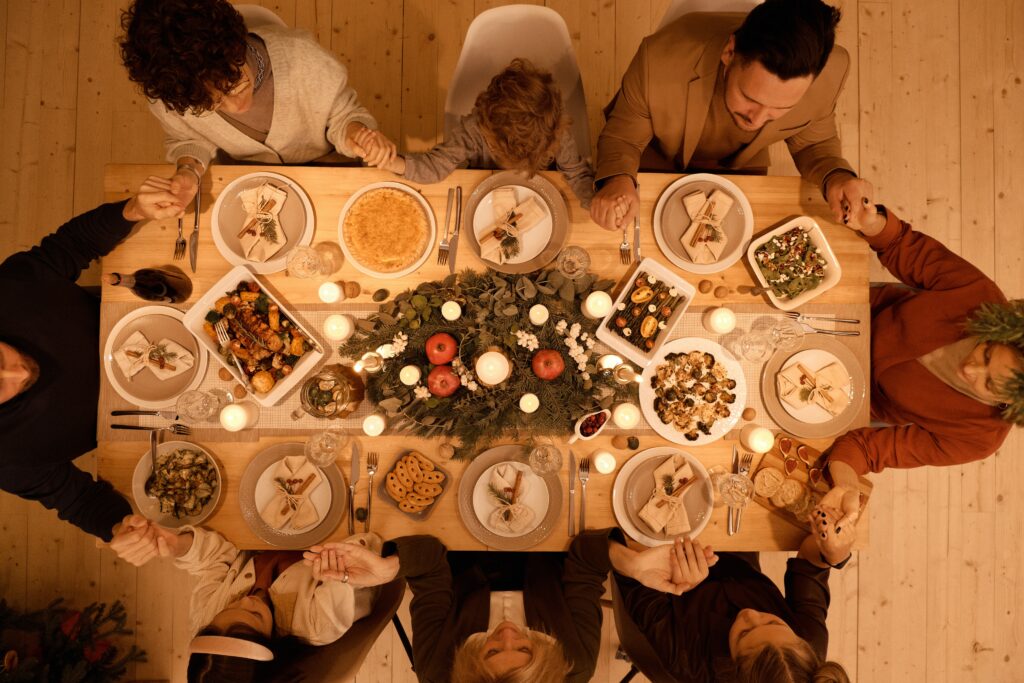
11. Tag der Deutschen Einheit (German Unity Day) – October 3rd
This national holiday commemorates the reunification of East and West Germany in 1990. Festivities include parades, concerts, and cultural events that celebrate German unity.
12. Reformationstag (Reformation Day) – October 31st
Reformationstag commemorates Martin Luther’s posting of his 95 Theses in 1517, which sparked the Protestant Reformation. It is a public holiday in some German states, particularly in areas with a strong Protestant tradition. Many Germans celebrate Halloween American style by going to parties.
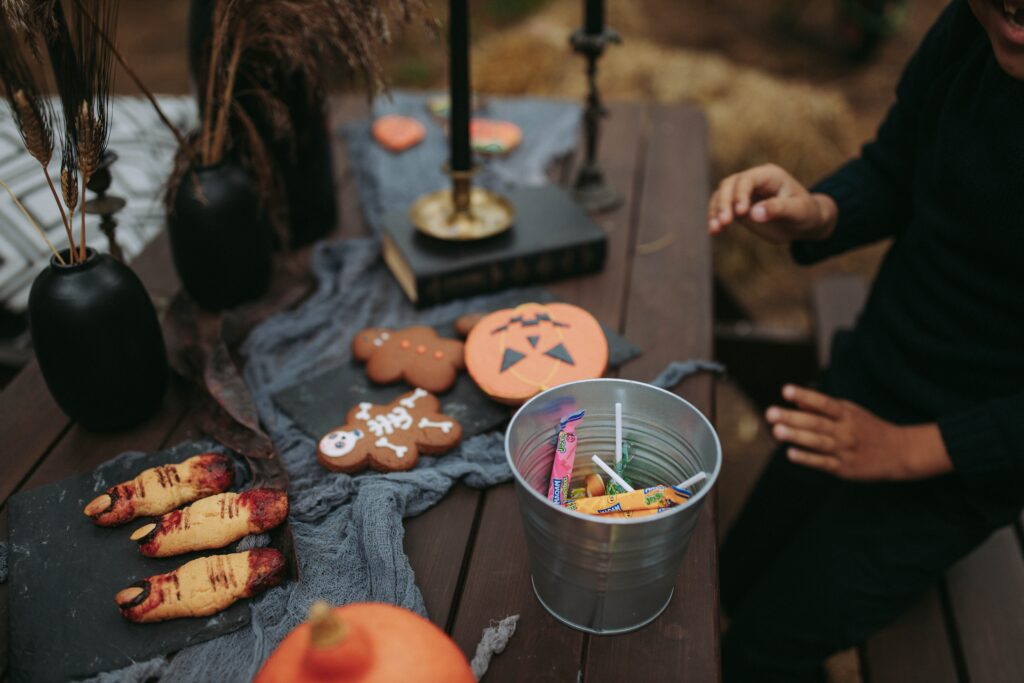
13. Allerheiligen (All Saints’ Day) – November 1st
Allerheiligen is a day to honor all saints, known and unknown. It is observed primarily in Catholic regions of Germany and is a public holiday in certain states.
14. Buß- und Bettag (Day of Repentance and Prayer) – Date Varies (Usually in November)
Buß- und Bettag is a Protestant holiday that calls for repentance and prayer. Only some states observe this holiday, primarily in eastern Germany.
15. Weihnachten (Christmas) – December 25th and 26th
Christmas in Germany is a magical time filled with cherished traditions. Homes are adorned with Advent wreaths and calendars. Germans also celebrate on December 24th with a festive dinner, the lighting of the Christmas tree, and the exchange of gifts. Germans also celebrate Christmas on the 25th “Erster Weihnachtstag” and 26, “Zweiter Weihnachtstag.”

16. Silvester (New Year’s Eve) – December 31st
The year concludes with Silvester celebrations. Germans gather to bid farewell to the old year with fireworks, parties, and toasts at midnight.
Overview of the 2024 German Holidays
| German holidays 2024 | Date | Federal State |
| Neujahr – New Year’s Day | January 1 | All |
| Heilige Drei Könige – Epiphany | January 6 | Baden-Württemberg, Bavaria, Saxony-Anhalt |
| Karfreitag – Good Friday | March 29 | All |
| Ostersonntag –Easter Sunday | March 31 | Brandenburg |
| Ostermontag – Easter Monday | April 1 | All |
| Tag der Arbeit – Labour Day | May 1 | All |
| Christi Himmelfahrt – Ascension Day | May 9 | All |
| Pfingstsonntag – Pentecost Sunday | May 19 | Brandenburg |
| Pfingstmontag – Pentecost Monday | May 20 | All |
| Fronleichnam – Corpus Christi | May 30 | Baden-Württemberg, Bavaria, Hesse, North Rhine-Westphalia, Rhineland-Palatinate, Saarland |
| Mariä Himmelfahrt -Assumption Day | August 15 | Bavaria, Saarland |
| Tag der Deutschen Einheit – German Unification Day | October 3 | All |
| Reformationstag – Reformation Day | October 31 | Brandenburg, Bremen, Hamburg, Mecklenburg-Vorpommern, Lower Saxony, Saxony, Saxony-Anhalt, Schleswig-Holstein, Thuringen |
| Allerheiligen – All Saints’ Day | November 1 | Baden-Württemberg, Bavaria, North Rhine-Westphalia, Rhineland-Palatinate, Saarland |
| Buß- und Bettag – Day of Repentance & Prayer | November 20 | Saxony |
| Erster Weihnachtstag – Christmas Day | December 25 | All |
| Zweiter Weihnachtstag – Boxing Day | December 26 | All |
| Silvester – New Year’s Eve | December 31st | All |
Final Thoughts
Germany’s holidays provide a wonderful opportunity to experience its rich cultural tapestry. Whether you’re joining in the lively Karneval celebrations or enjoying a peaceful Allerheiligen, each holiday offers a unique window into German traditions and values. Embrace these festivities and discover the heart of Deutschland!
